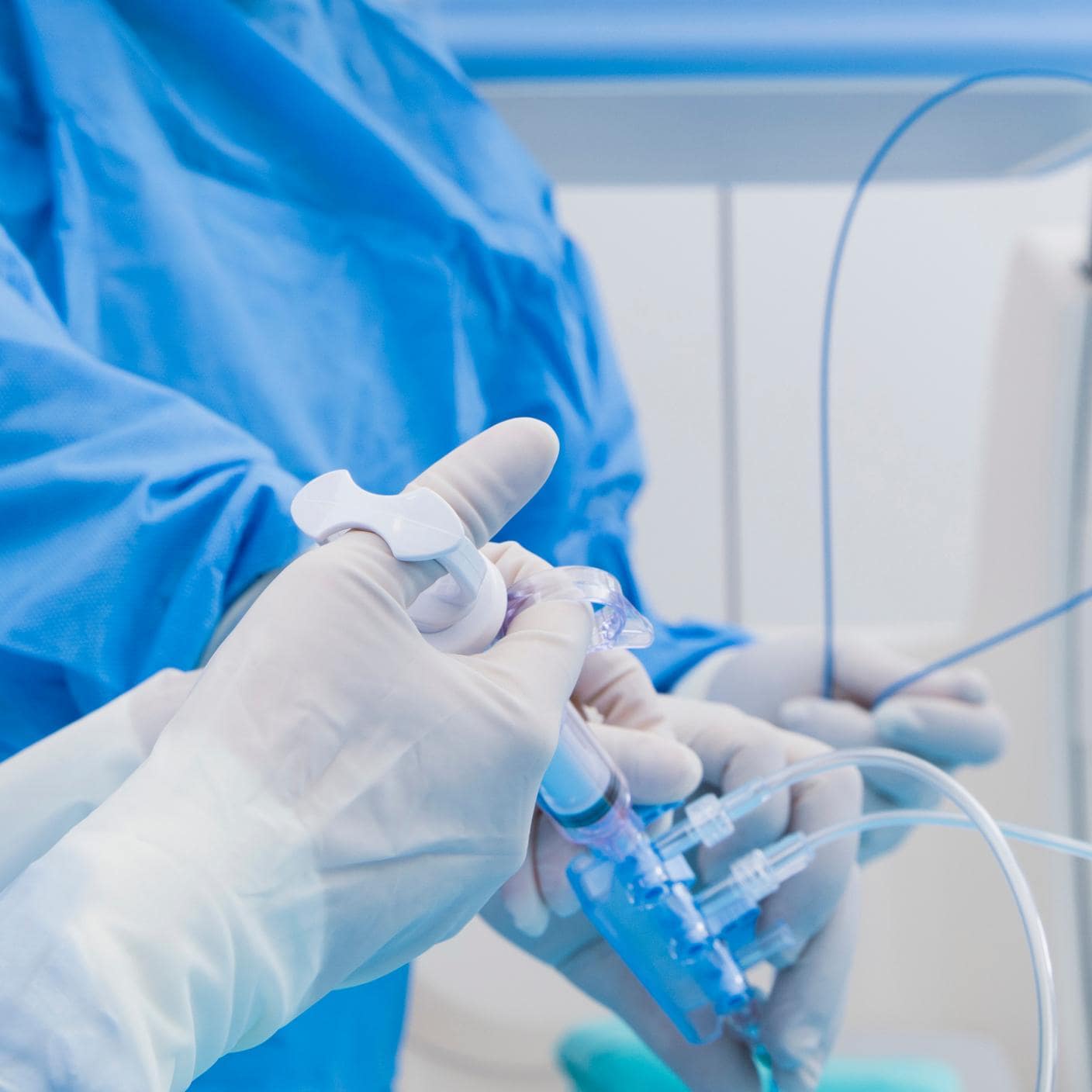As an IVD manufacturer, you must ensure that your product meets the relevant regulatory requirements before being placed to the market
We truly understand the challenges that medical devices manufacturers face bringing compliant IVDs on to market efficiently and safely. Whether you're starting the certification process or looking to transfer to BSI, we offer a range of flexible product review services providing you with efficient pathways to bring your device to market.
An IVD medical device is defined in the IVDR as “any medical device which is a reagent, reagent product, calibrator, control material, kit, instrument, apparatus, piece of equipment, software or system, whether used alone or in combination, intended by the manufacturer to be used in vitro for the examination of specimens, including blood and tissue donations, derived from the human body”. The definition then outlines the principle or sole purpose of these devices: under the IVDR, an IVD medical device must have a medical application or purpose.





